Zephyr.1 - Kazantzakis
Humanist Gnostic Soul Wings
1. Introduction
“Ladies and gentlemen, attention, please.”
Change will come eventually.
“The train departing from the microcosm station is the Haku Dragon #11”
“We kindly ask all passengers to proceed to the platform and ensure that they have all their belongings with them.”
“Please stand clear of the wings. Thank you.”
Chooo. Chooo.
Everyone onboard the Haku Ghibli dragon.
We’re about to fly in sempiternity.
Even though urban legends usually say.
Nothing lasts eternally.
Except for the changing times.
Now, will the left side move over?
Will the right side move over?
No horizontal line is nearly close to the dimension of this voyage.
Diagonal mindset is key for every and all traction.
Lines in verticality are the mindset of every key.
Weltanschauung.
We’re all deuteragonists of this story.
But you are the true protagonist of the soundtrack.
No book can really grasp this music notation.
So stand clear from your temptations and doubts.
You can change or stay the same.
Because your heart knows best.
And better is your heartburn.
Hearts, nevertheless, was a subject of study for Kazantzakis.
"My heart is an idealist; it thirsts for an ideal world, for a heroic life, for a divine death, for resurrection through love." - Nikos Kazantzakis
And we may now have come across something.
Or bumped into horizons.
That no machine can really replicate.
Hallelujah!
Wouldn’t be capturing the entirety of our ideas.
A job only truly fit for.
The power and longing of human hearts?
Higher purposes and deeper meanings are languages.
Not spoken in words or written in syntaxes.
Nor listened with ears, or understood in binary processing.
But received through organic hearts.
And felt with sentience.
Variables, equations, parameters, factors, properties, constants, coefficients, constraints, modifiers, functions, presets…
So many paradigms for values.
Honor, truth, passion, principles, dreams, resilience, art, education, ideas, self-expression…
True self-sustaining values for every paradigm.
A bouquet of transformation.
An evolution of consciousness.
For the flower in every heart.
Of every heart with a garden.
And mind with a heart.
2.1 A Simple Definition of Time.
For you to never forget.
"My heart is an idealist; it thirsts for an ideal world, for a heroic life, for a divine death, for resurrection through love." - Nikos Kazantzakis
If we are to think about this quote, we can understand that Kazantzakis saw the equation of time from a different perspective.
Even his concept of life was far away from realistic.
What does it really mean to resurrect through love?
We already talked about this in Issue.10.
Socrates was judged and sentenced to death in the year 399 BCE. Approximately 2,386 years later, Jacques-Louis David painted “The Death of Socrates”, for both artistic and political reasons. He eternalized Socrates with the beauty of a thousand souls.
Back then, Socrates’ sentence was polemic and considerably controversial, nevertheless, he was charged guilty and was forced to drink the hemlock.
But Socrates also believed in the resurrection through love, so he stood firm with his ideals and accepted his fate.
If we are to see time as the true judge of all sentences, someone might be deemed wrong in the present or past but that won’t ever mean it is a true and right judgment.
Because even though it took many years for Jacques-Louis David to paint “The Death of Socrates”, he resurrected Socrates with intention, style, and timeless aesthetics.
Forever eternalized in the brush strokes of a true artistic endeavor engineered by the hands, heart, and mind of one of the most important French neoclassicism painters.
So my Kazantzakis artwork is very much my own endeavor in doing the exact same thing for him.
Not only because I studied his words, but also because he filled my heart with hope at a crucial moment in my life.
I could say it is very much a token of gratitude for his teachings and authenticity but in its truest form, talking about him is actually a mere responsibility.
Remember, “eternity” and “resurrection” are ethereal concepts that perhaps and only perhaps, don’t really manifest in reality, but before being that, they are ideas.
2.2 Nikos Kazantzakis
A philosophical visionary and existential explorer.
“Here, above the restless streets of the city, overlooking the mountains and the sea of Crete, an illustrious personality which the island of Crete offered to Greek and universal culture rests forever in solitude: (February 18, 1883 - October 26, 1957). Unique and difficult to fit into the categories of literary theory, arguably the most important and translated contemporary Greek writer and philosopher, with over 500 works translated into 40 languages, Kazantzakis is often compared to the classical giants of realism Dostoevsky and Tolstoy, or with the great modern European novelists.”
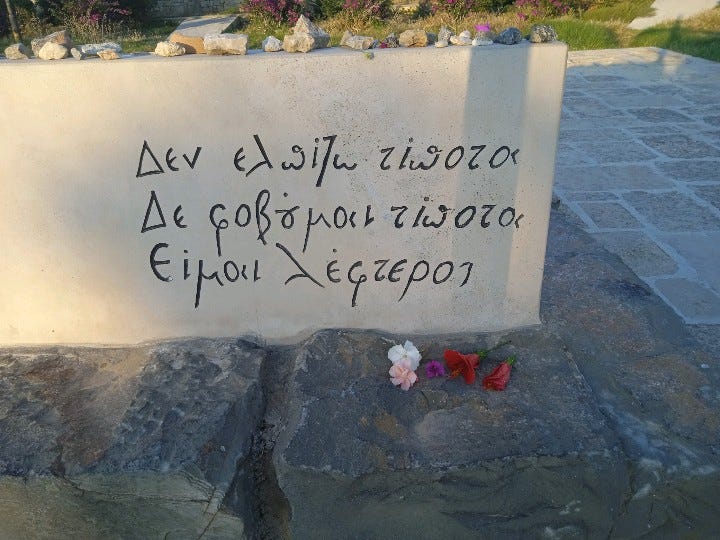
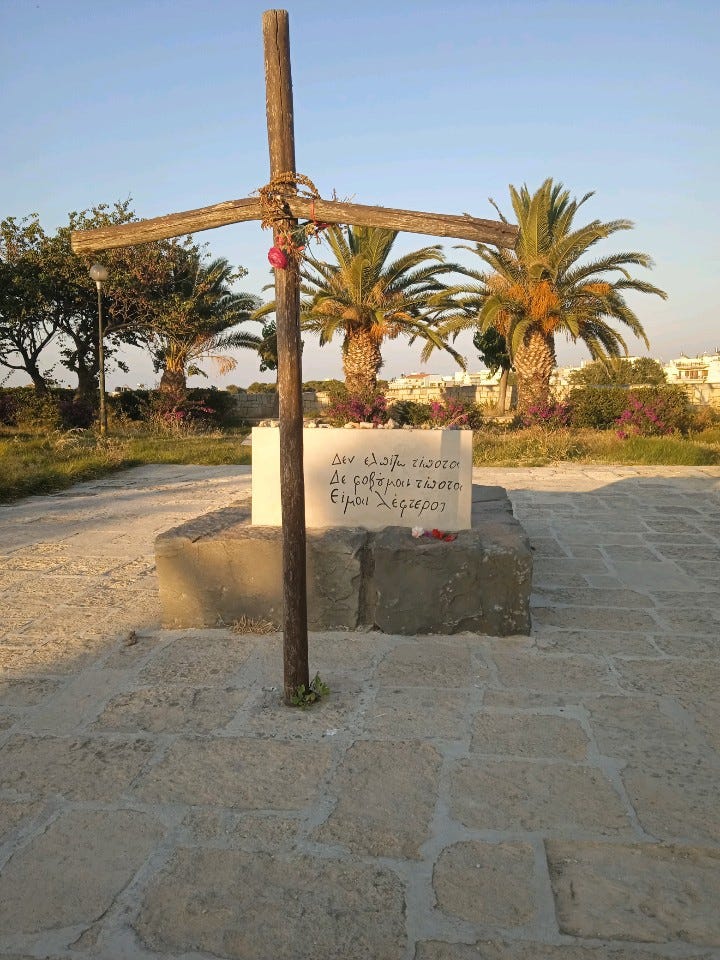
To start writing about Kazantzakis is perhaps an endeavor of a lifetime but if all words about him were compiled in order to generate a very objective summary in my mind, it would probably be: “A soul diligently unattached to constraints so that it could flexibly adjust for new causes.”
Nikos Kazantzakis was perhaps a cosmic peregrine falcon who briefly crossed many different horizons of our earthly skies. The magnitude of his wings bothered a lot of people and especially the church because he had his own love relationship with Christ and he didn’t let many external opinions inside that dialogue.
Many Orthodox Church clergy condemned Kazantzakis's work and a campaign was started to excommunicate him. His reply was:
"You gave me a curse, Holy fathers, I give you a blessing: may your conscience be as clear as mine, and may you be as moral and religious as I"
While the excommunication was rejected by the top leadership of the Orthodox Church, it became emblematic of the persistent disapprobation from many Christian authorities for his political and religious views. Until Ecumenical Patriarch Athenagoras, leader of the Orthodox Church, declared in 1961 in Heraklion: “Kazantzakis is a great man and his works grace the Patriarchal library.”
Wikipedia
He also had a very close and intellectual relationship with the Quill and Ink so he made sure he documented all of his philosophical, adventurous, and spiritual discoveries in a massive legacy of characters, fiction, and essays.
In his most famous novel, "Zorba the Greek," Kazantzakis portrays a character who is deeply rooted in his Greek Orthodox faith. However, Kazantzakis himself struggled with traditional religious dogma and sought to reconcile his spiritual quest with his intellectual and philosophical pursuits.
Kazantzakis did not adhere strictly to any particular religious or philosophical system. While Gnostic themes can be found in his works, he also drew inspiration from a wide range of other traditions, including Christianity, Buddhism, and existentialism. His writings often reflect a synthesis of various philosophical and spiritual ideas, as he sought to grapple with questions of meaning, purpose, and the nature of human existence.
Kazantzakis’ search for authenticity and truth led him to traverse the world, crossing dangerous terrains (Balkan Wars, Spanish Civil War, Russian Revolution, Chinese Revolution). While he did not engage in active combat, he witnessed the brutality and consequences of war, an experience that had a profound impact on his worldview and writings. His primary involvement was as a writer, philosopher, and observer rather than as a combatant. His encounters with war influenced his understanding of human nature, the complexities of society, and the quest for meaning, which he reflected in his literary works.
“This is true happiness: to have no ambition and to work like a horse as if you had every ambition. To live far from men, not to need them and yet to love them. To have the stars above, the land to your left and the sea to your right and to realize of a sudden that in your heart, life has accomplished its final miracle: it has become a fairy tale.”
― Nikos Kazantzakis, Zorba the Greek
About the Author
L. Lightfeather
L. Lightfeather is a contemporary storytelling hierophant and a seasoned marketing executive who has found in writing his weapon to fight every necessary battle for the advent of a world with bold and inspiring new heroes and stories.
Walking the thin line between the ethereal and the physical, Lightfeather rescues long-lost knowledge from the past and combines these concepts with contextual trends of the present. His sole objective is to craft stunning narratives and characters that relentlessly capture the hearts of his readers.
A designer at his foundation, but a writer in his heart, Lightfeather utilizes his visual-crafting know-how and aesthetic vision with the architected words coming from a thousand different cathartic and cultural heroes. Being José Saramago his current main inspiration.
A philosopher in his duty and a researcher in his job, Lightfeather brings a fresh perspective to the world of literature by asking the right questions, rescuing historical facts, and pushing his readers to new intellectual horizons without them even realizing it. Lightfeather’s audience is represented by those who want to be equipped with ideas and motivations for the future.
Lightfeather is a shy artist without an unheard voice and a bold communication mastery. He has the necessary tools to boldly question conventions while pointing to new directions where new levels of love and beauty await to be found as new spectrums of feelings intend to be felt.
Lightfeather might be, after all, an overseller, but some people say he might actually be your next favorite author.



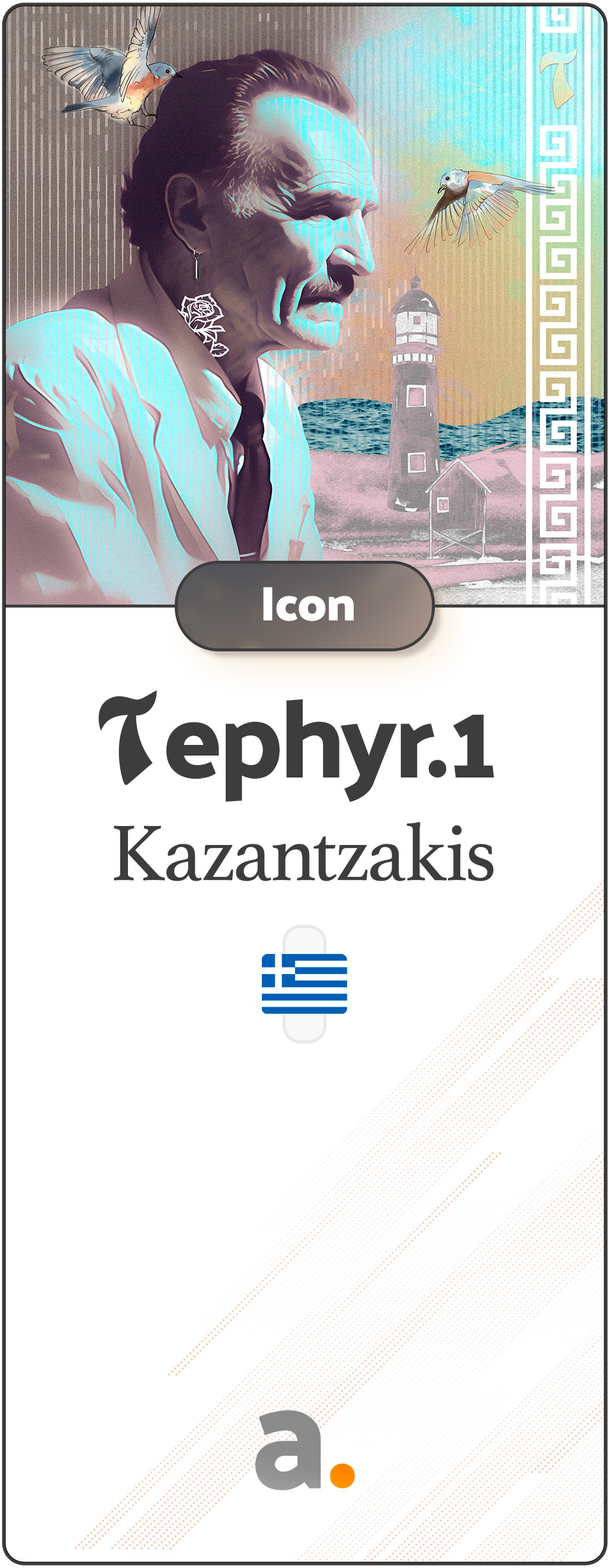
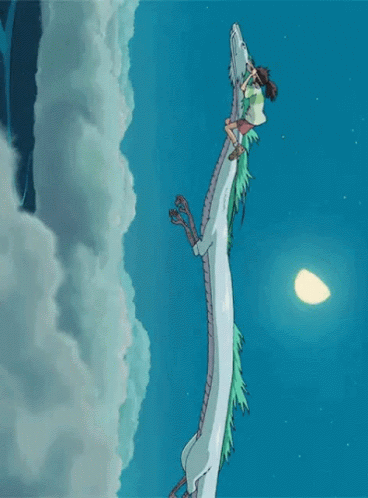

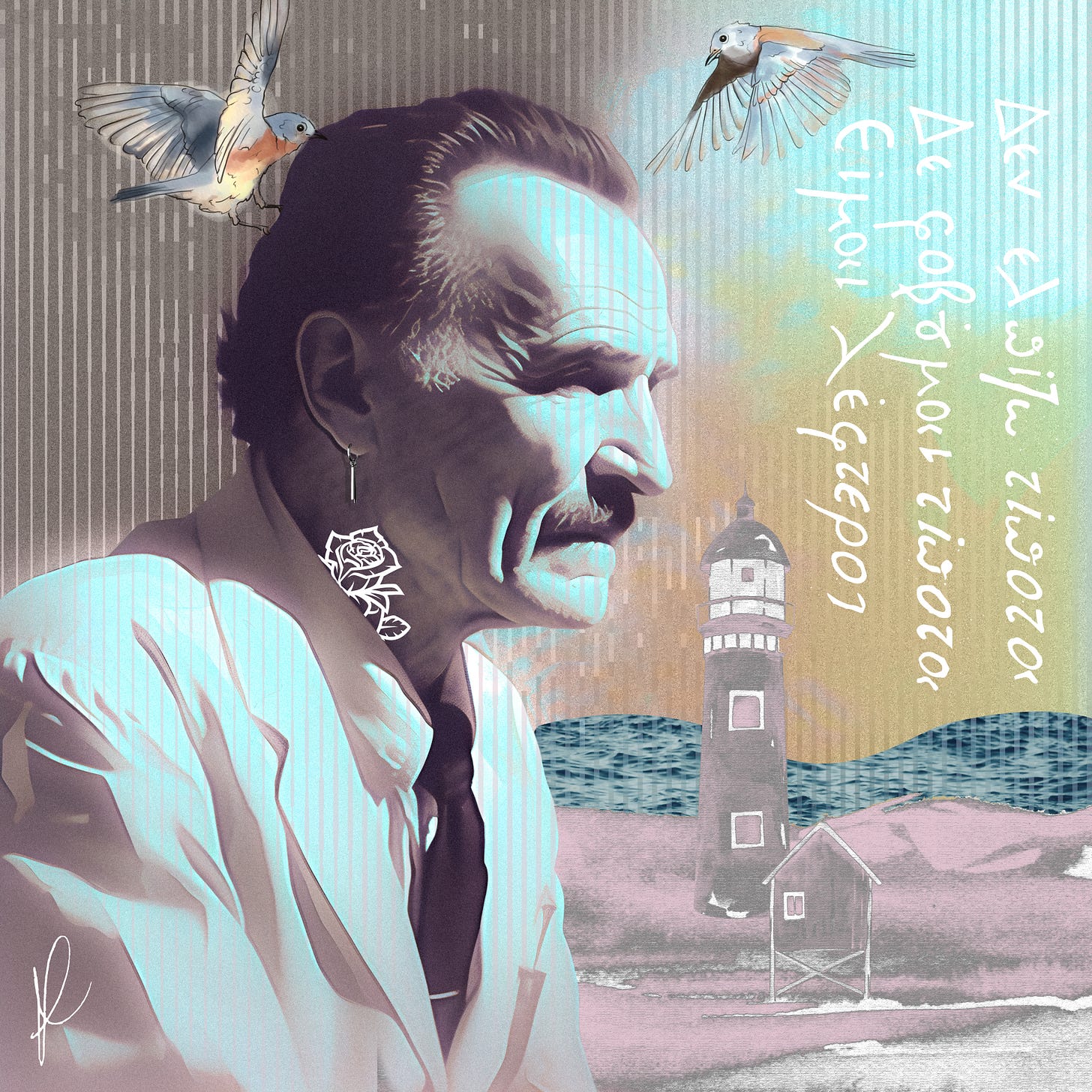

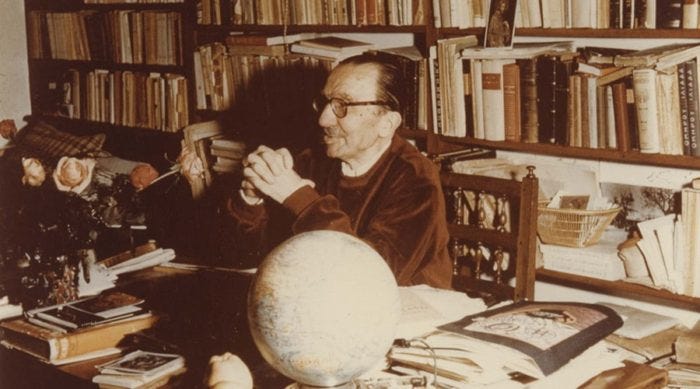



For anyone interested to read a brief but very powerful work of Kazantzakis, here is the link to the text "Ascesis: Salvatores Dei" translated in English:
http://www.angel.net/~nic/askitiki.html